In a region often dominated by large nations with expansive militaries and massive populations, the tiny Gulf state of Qatar has emerged as one of the most influential and quietly powerful actors in the Middle East. Though geographically small and with a population of just under 3 million, Qatar punches far above its weight on the global stage. Through strategic diplomacy, economic leverage, cultural soft power, and global investment, it has become a central node in both regional stability and global influence.
This article explores the key dimensions of Qatar’s growing geopolitical power, backed by verifiable data and concrete examples.
1. Energy dominance: A global LNG superpower
Qatar’s foundation as a power player lies in its vast natural gas reserves. It holds the third-largest proven reserves of natural gas in the world and has positioned itself as a dominant force in the liquefied natural gas (LNG) market. As of 2023, Qatar is among the top three LNG exporters globally.
Wealth & Digital Trust Services
Protect, grow, and earn – with licensed wealth and digital trust solutions.
Wealth today extends beyond savings, shares, and property. Digital assets such as cryptocurrency and tokenized investments are increasingly part of modern portfolios.
Our Wealth & Digital Trust Services unite all your assets into a single, secure, and fully licensed trust structure designed to protect, manage, and grow your capital.
Read more →

Crucially, the country has announced plans to boost LNG output from 77 million tonnes per year (mtpa) to 142 mtpa by 2030 — an 85% increase. This expansion reinforces Qatar’s ability to influence global energy markets and secure long-term strategic partnerships with energy-dependent nations in Asia and Europe.
2. Sovereign wealth and global economic leverage
Qatar’s economic muscle is also felt through its sovereign wealth fund. The Qatar Investment Authority (QIA) manages an estimated $461 billion in assets, making it one of the world’s largest and most active sovereign funds.
The QIA owns significant stakes in Barclays, Volkswagen, Credit Suisse, and real estate assets across London, New York, and Paris. These investments serve not only as financial assets but also as geopolitical tools, giving Qatar soft influence over Western corporate and political landscapes.
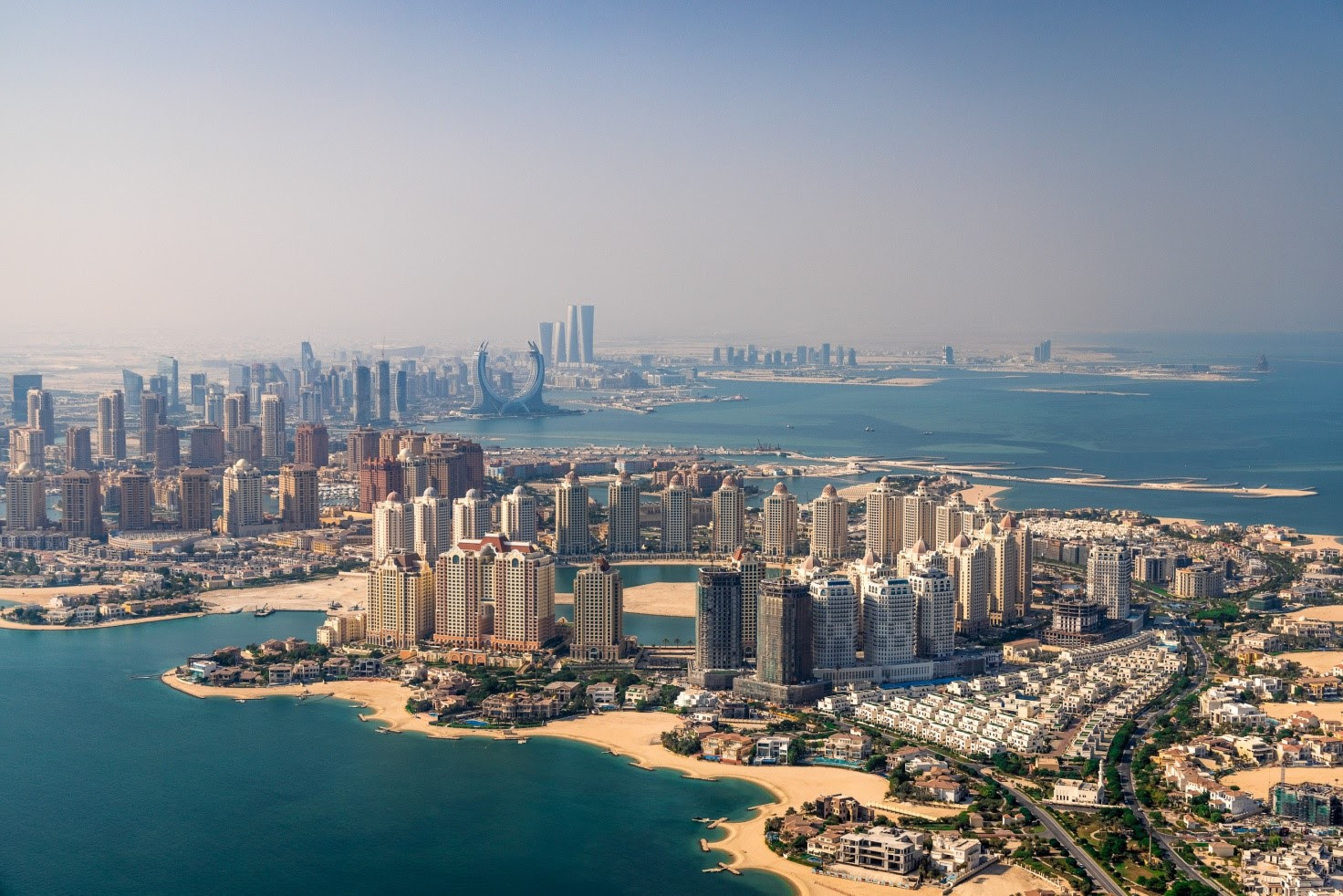
3. Strategic diplomacy and mediation role
Qatar has carved out a niche as a neutral and effective mediator in some of the world’s most protracted conflicts. It has facilitated peace negotiations between:
- The United States and the Taliban (leading to the 2020 Doha Agreement);
- Lebanese political factions;
- Parties involved in the Yemeni civil war,
- And more recently, prisoner exchanges involving Israel and Hamas.
Unlike regional rivals Saudi Arabia and Iran, Qatar often remains diplomatically agile, maintaining dialogue with all sides — from the West to militant Islamist groups.
4. Soft power through media, culture, and sports
Qatar’s influence also extends through media and cultural diplomacy. It funds and hosts several globally recognized institutions and events:
- Al Jazeera: Qatar’s crown jewel in media, this network has become one of the most influential in the Arab-speaking world and a player in global information dissemination.
- Art Basel (2026): Qatar is set to host this prestigious art event, signaling its ambitions as a global cultural hub.
- FIFA World Cup 2022: Hosting the world’s largest sporting event put Qatar on the global map and showcased its infrastructural and organizational capabilities.
These investments are not just for prestige—they are calculated instruments to build international goodwill and strategic alliances through culture.
5. Military partnerships and security infrastructure
Despite its small military, Qatar plays a key role in regional security due to strategic partnerships:
- Al-Udeid Air Base: Home to the largest U.S. military base in the Middle East, Al-Udeid is essential for U.S. operations in Syria, Iraq, and Afghanistan.
- Defense Spending: Between 2019 and 2023, Qatar was the world’s third-largest arms importer, accounting for 7.6% of global arms imports, according to SIPRI.
This military footprint ensures Qatar’s security while anchoring it within U.S. defense and intelligence networks.
6. Global influence through foreign investment
Qatar’s global strategy also involves deep financial entrenchment in Western institutions:
- Over $33.4 billion invested in U.S. real estate and businesses;
- $6.25 billion in donations to U.S. universities;
- $72 million spent on U.S. lobbying efforts.
This targeted economic strategy allows Qatar to shape narratives and policies that impact its interests, particularly in Washington D.C. and European capitals.
7. Recognition in soft power rankings
Qatar’s global strategy is paying off in terms of visibility and influence. In the 2025 Global Soft Power Index:
- Qatar ranked 22nd globally
- And 7th in Asia, ahead of many larger regional economies
This reflects international recognition of Qatar’s multidimensional approach to influence, encompassing energy, culture, media, education, and mediation.
Conclusion
Qatar may not have the territorial expanse or military clout of some of its neighbors, but it has strategically leveraged its resources, relationships, and institutions to become a central force in the Middle East. Its mastery of soft power, combined with shrewd economic and diplomatic maneuvering, has allowed it to project influence far beyond its size.
In a volatile region, Qatar’s model—based on dialogue, investment, and global integration—may well define a new kind of Arab power politics for the 21st century.


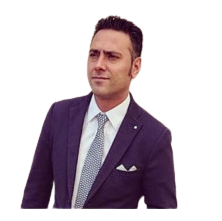
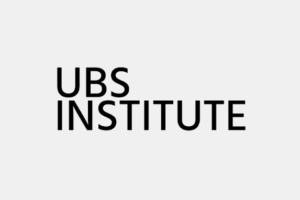
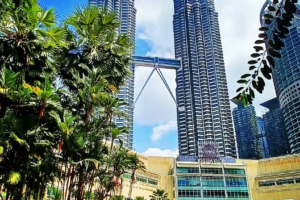
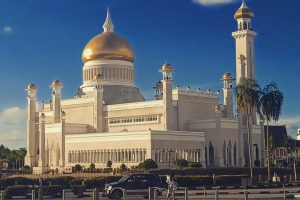
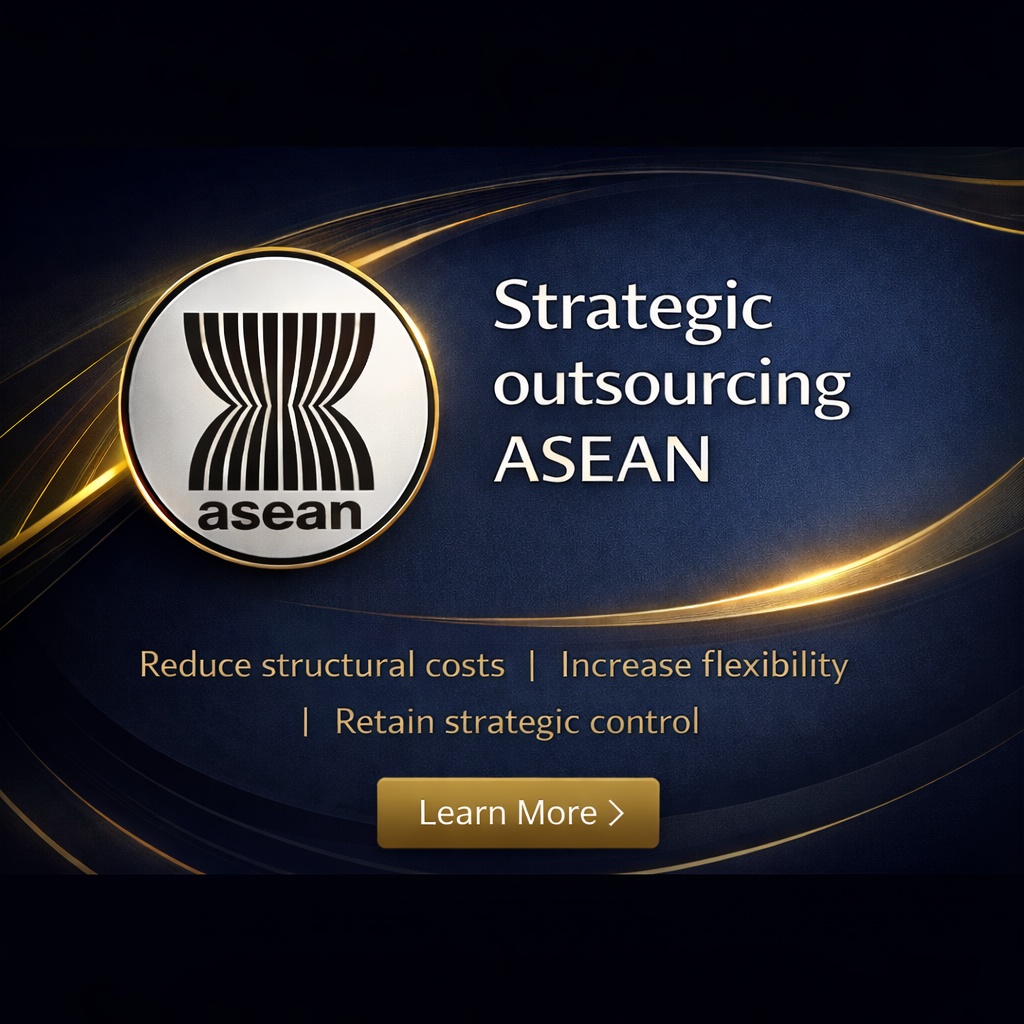
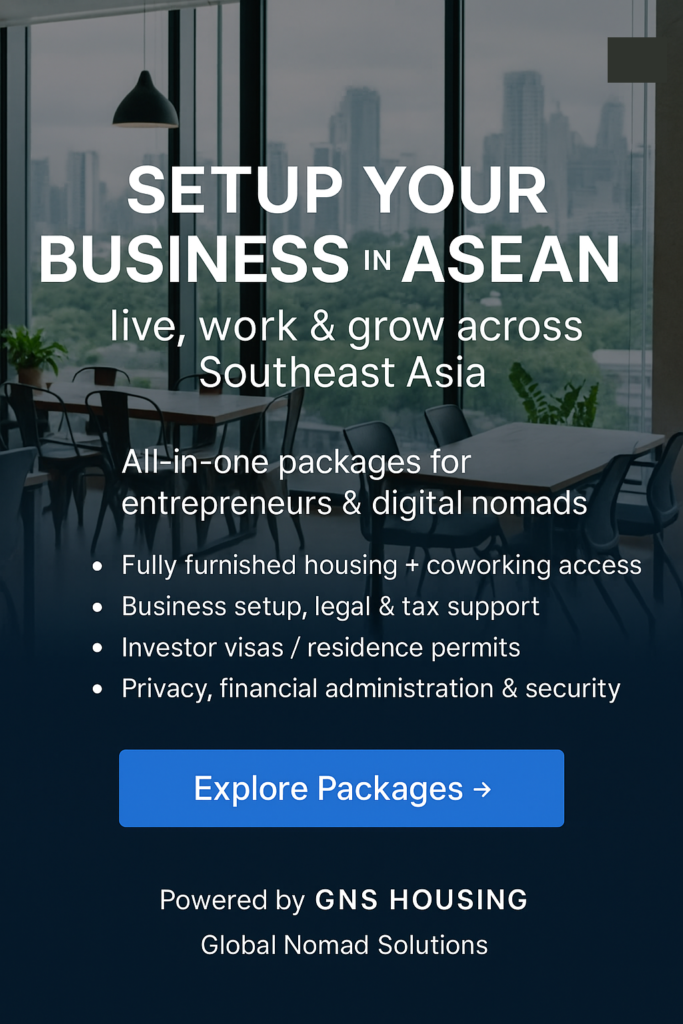
Reageer op dit bericht